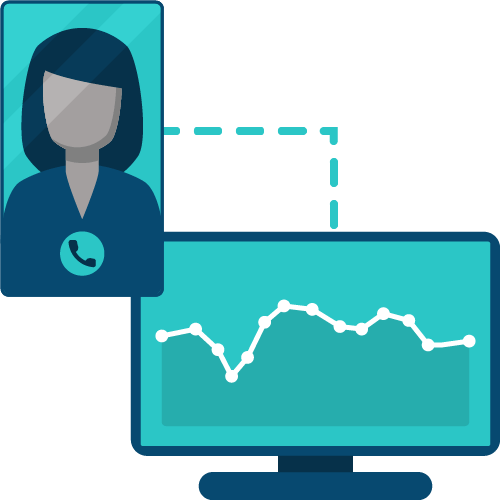What is Personalized Healthcare?
Personalized healthcare is technically defined as “an emerging practice of medicine that uses an individual’s genetic profile to guide decisions made in regard to the prevention, diagnosis, and treatment of disease” by the National Human Genome Research Institute. Using a patient’s genetic material, scientists can identify patients’ health risks and inform their health plans.
Treating patients through genetic sequencing — also referred to as precision medicine — is growing in popularity, but not every healthcare system or individual patient has access to this costly healthcare technology. Even without the ability to sequence a patient’s entire genome, the burgeoning industry has powerful implications for care providers of every specialty.
By taking a similarly technical, data-driven approach in their care plans, providers can offer preventive and even predictive care. Patients who feel their unique needs are being considered may experience better outcomes overall.





